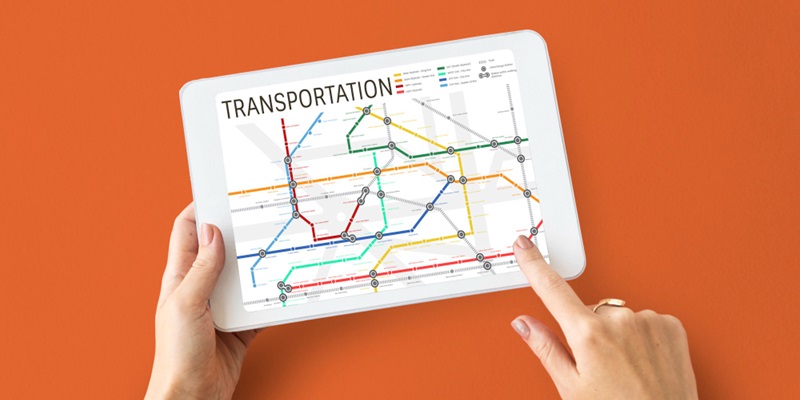In today’s fast-paced world, efficient delivery operations are crucial for businesses to stay competitive. Route optimization software plays a pivotal role in streamlining delivery processes by reducing both delivery time and cost. In this article, we will delve into the importance of route optimization software and how it can revolutionize your business’s logistics operations.
Definition of route optimization software
Route optimization software is specialized technology designed to plan optimized routes to reduce delivery time and fuel costs. By leveraging advanced algorithms and mapping data, the software is capable of creating highly efficient delivery routes that minimize unnecessary mileage and fuel consumption.
How Route Optimization Software Works
Route optimization software meticulously plans routes, considering various factors such as traffic congestion, road conditions, and delivery time windows. By analyzing this data, the software identifies the most efficient routes, ensuring timely deliveries and minimizing delays.
Considering factors such as traffic congestion, road conditions, and delivery time windows, route optimization software ensures that the most efficient routes are chosen. This proactive approach maximizes the utilization of delivery vehicles and drivers while minimizing unnecessary mileage.
Through continuous monitoring of real-time traffic data, route optimization software makes adjustments to routes if unexpected events or changes occur. By doing so, it ensures that deliveries are made on time, reducing customer dissatisfaction and enhancing overall operational efficiency.
Benefits of Route Optimization Software
Route optimization software empowers businesses to provide customers with real-time tracking information, enabling them to stay informed about the status of their deliveries. This transparency enhances customer satisfaction and helps build trust and loyalty.
Implementing route optimization software eliminates the need for manual route planning, saving businesses countless hours that can be better utilized elsewhere. By streamlining logistics planning, the software also minimizes the risk of human error, ensuring accurate and efficient route planning.
By optimizing routes and limiting fuel utilization, route optimization software plays a pivotal role in reducing transportation costs. Businesses can save significantly on fuel expenses and reduce wear and tear on vehicles, leading to long-term savings and improved profitability.
Enhancing Delivery Times and Customer Service
Route optimization software takes into account real-time traffic data, enabling businesses to identify the most efficient routes and avoid areas prone to traffic congestion. By doing so, delivery times are improved, ensuring clients receive their orders promptly.
The software’s ability to analyze real-time data allows it to provide proactive warnings about potential delays. With this information, businesses can take necessary actions to mitigate disruptions and provide customers with timely updates, ensuring smooth delivery operations.
Route optimization software enables businesses to provide customers with real-time tracking information. The ability to track deliveries in real-time improves customer service, as it allows clients to stay informed and plan accordingly, reducing anxiety and improving overall satisfaction.
Resource Utilization and Cost Reduction
Route optimization software optimizes the use of vehicles, drivers, and other resources to ensure efficient delivery operations. By identifying the most optimized routes, businesses can schedule deliveries more effectively, maximizing their resources.
One of the key benefits of route optimization software is its ability to significantly reduce fuel consumption. By planning efficient routes, the software minimizes unnecessary mileage, leading to reduced fuel usage and lower vehicle maintenance costs.
Route optimization software plays a crucial role in modern logistics by maximizing delivery efficiency and reducing costs. By leveraging advanced algorithms and real-time data, businesses can streamline their delivery operations, offer real-time tracking information, reduce transportation costs, and enhance customer service. Embracing route optimization software empowers businesses to stay competitive in a fast-paced, demanding world. It is time to explore the benefits of this technology and implement it to revolutionize your delivery operations.

